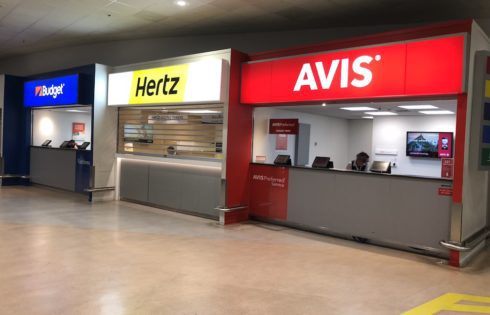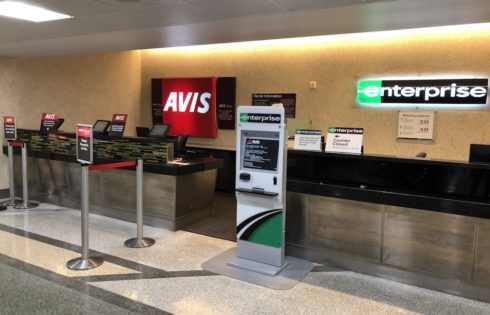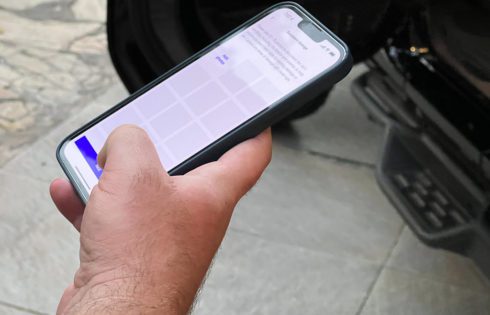
Which Car Rental Companies Accept Cash or Debit Card Payments? [2023]
Are you thinking about using cash or a debit card to secure or pay for a rental car? Are you aware of all of the different requirements that go into

Are you thinking about using cash or a debit card to secure or pay for a rental car? Are you aware of all of the different requirements that go into

Have you ever wondered if you can smoke in a rental car? It may be really tempting if you ever get a craving or just want to relax on a

There are several different ways that rental car companies can “get” travelers. An entire roster of random fees, mileage limitations, cleaning fees, the list goes on…. But perhaps one of

A lot of times when you rent a vehicle, you are not always able to perfectly plan out your drop off time. Maybe you have an early or late red-eye

Bringing a pet such as your dog in your rental car is very doable. In fact, a lot of rental car companies don’t actually charge extra money for your furry

Sometimes whenever you’re renting a vehicle you have to cut things a little close. But just how close can you cut it when returning a rental car? And what will

Hertz President’s Circle is an elite status offered by Hertz that offers a number of benefits for your travels with rental cars. This article will walk you through the different

Turo is turning out to be one of the most convenient and (sometimes) cost efficient ways to go about renting a car when traveling. For those of us who often

Sometimes it can be very tempting to push the limits in your rental vehicle especially when you’re renting some type of 4X4 SUV such as a Jeep or a Toyota

Are you thinking about renting a car for an epic road trip but worried about limits on your mileage? You might be surprised to find out that rental car companies
| Cookie | Duration | Description |
|---|---|---|
| cookielawinfo-checkbox-analytics | 11 months | This cookie is set by GDPR Cookie Consent plugin. The cookie is used to store the user consent for the cookies in the category "Analytics". |
| cookielawinfo-checkbox-functional | 11 months | The cookie is set by GDPR cookie consent to record the user consent for the cookies in the category "Functional". |
| cookielawinfo-checkbox-necessary | 11 months | This cookie is set by GDPR Cookie Consent plugin. The cookies is used to store the user consent for the cookies in the category "Necessary". |
| cookielawinfo-checkbox-others | 11 months | This cookie is set by GDPR Cookie Consent plugin. The cookie is used to store the user consent for the cookies in the category "Other. |
| cookielawinfo-checkbox-performance | 11 months | This cookie is set by GDPR Cookie Consent plugin. The cookie is used to store the user consent for the cookies in the category "Performance". |
| viewed_cookie_policy | 11 months | The cookie is set by the GDPR Cookie Consent plugin and is used to store whether or not user has consented to the use of cookies. It does not store any personal data. |
